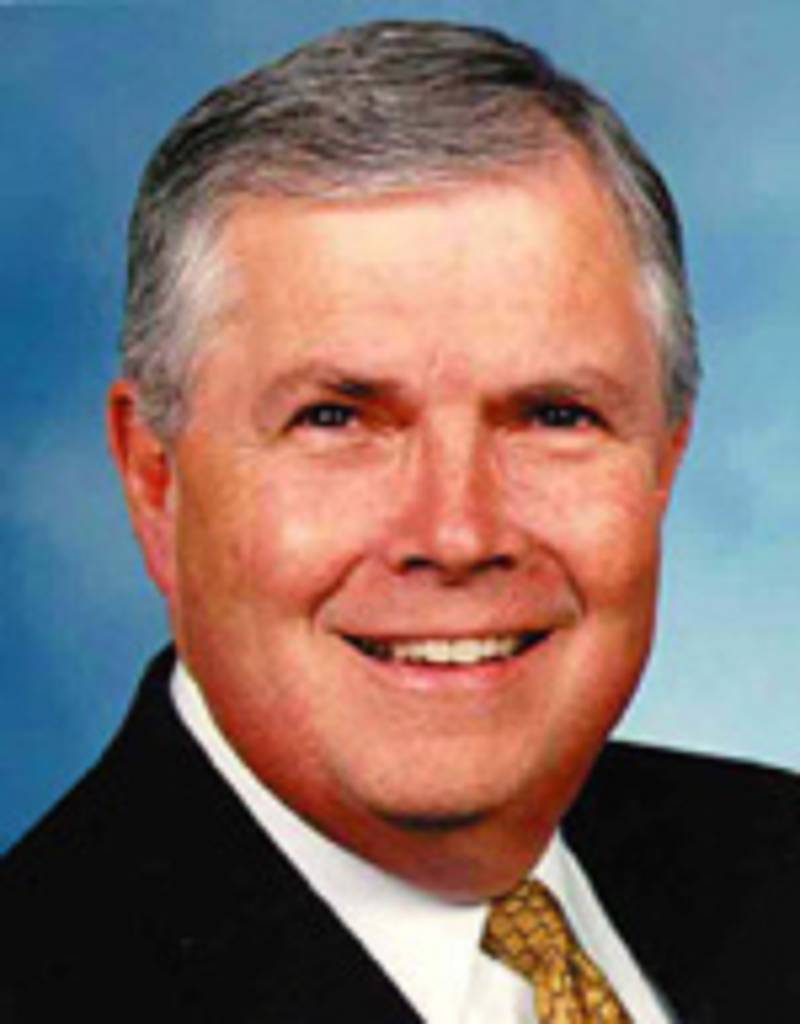
DULUTH, Ga. (BP)–As a pastor for many years I discovered there were certain things that were extremely difficult to do. It was difficult when I had to tell young women (or men) in the churches I served that I could not perform their wedding if they insisted on marrying an unbeliever (2 Cor. 6:14).
I also found it particularly difficult to carry the news of a sudden or accidental death to the spouse or family of the deceased loved one. It was likewise painful to see promising church members wreck their lives through wrong choices. It was difficult to see bright high school students go off to college and have their faith shattered by the insidious teachings of liberal and humanistic professors.
However, one of the most difficult things I ever had to do as a pastor was conduct funeral services for those who had never professed faith in Christ or who never lived out their once-professed faith. And I had to do it on many occasions –- probably many more times than I even realized.
It happens like this: a grieving widow would call and say with a broken heart and with tears in her voice, “Pastor, my husband had a heart attack last night and we took him to the hospital, but he was dead on arrival. I can’t believe it has happened, but we need your help. I know he was not a church member, but we would like for you to preach his funeral.”
What does a pastor say to an understandably emotional woman who has not even yet come to grips with the dimensions of her loss? You do the only reasonable and respectable thing you can do and respond in the affirmative.
A visit is typically made to the home of the deceased to console the bereaved and get some information in order to write the funeral message. In the process of gathering information it is obvious that the woman’s departed husband never professed faith in Christ.
In certain cases a pastor may be called upon to conduct the funeral for an individual who may have joined a church years earlier, but never gave any indication of being born again or that Christ was vitally important to him.
In either case some pastors are torn between integrity and compassion and in an effort to add comfort to the family they become universalists -– giving the family some hope that their loved one may have been granted eternal life by a gracious and benevolent God. Universalism is the belief that there will be a universal reconciliation between humanity and the divine and that God is too good to send anyone to hell.
We have all heard eulogies ushering celebrities, politicians, athletes and entertainers into heaven who in some cases were as far from that celestial city as a downtown tomcat is from Home Life magazine.
Judy Garland attained international stardom, but died in 1969 in London, England at 47 years of age. The coroner stated at the inquest that she died from “an incautious self-overdosage” of barbiturates.
She had been married five times, lived a life of promiscuity and was certainly not known for her Christian faith. However, at her funeral the Rev. Peter A. Delaney, of Marylebone Church in London, gave her a Christian eulogy in a 20-minute Episcopal service. Mourners sang “The Battle Hymn of the Republic” and I Corinthians 13 was read.
Years later, Deborah Jeane Palfrey, known as the D.C. Madam, committed suicide by hanging herself. Her suicide earlier this year came as she was facing prison time for money laundering and racketeering charges in connection to what prosecutors described as a high-end prostitution ring whose clients included members of Washington’s political and social elite.
In a suicide note left to her sister, Palfrey stated, “Know I am at peace, with complete certainty, I believe Dad is standing watch — prepared to guide me into the light.”
On her blog Gina de Vries wrote a eulogy for Palfrey, stating, “I always do what Nana (Franscesa, my great-grandmother) taught me to do when grieving –- light candles, say prayers, cook a meal for friends, buy some flowers if I can find them fresh, set up an altar. Wish the person well on their way home.
“Deborah, I hope you get there with ease and peace. I’m sorry your way out of this world was so rocky, that you were not treated with the grace and graciousness that every human being deserves,” de Vries wrote. “I’m praying that Franscesa –- or someone very like her –- is there to greet you with a meal, some flowers, and some sweetness on the other side.”
I am not judging Judy Garland or Deborah Jeane Palfrey and hope somehow they were redeemed by the blood of the Lamb, but Garland’s Christian funeral and Palfrey’s eulogy seem to be lacking reality.
In actual fact, a funeral service is not for the deceased. It is primarily for the family and friends; and while a Christian minister may be called upon to conduct the service, he must not be guilty of suggesting that the unredeemed will inherit eternal life. To do so is to be disingenuous at best and dishonest at worst.
If a pastor is true to the Word of God, he cannot change or minimize the Bible’s warning that the consequence of unbelief is condemnation (John 3:18).
To suggest or hint that someone who has never been saved is somehow headed for heaven does nothing but confuse the mourners and give the false impression that one can go to heaven without trusting in Christ who is the only way to God (John 14:6).
The carefully-crafted remarks of a Christian minister can convey the Gospel message of hope and certainty to those who need it most.
–30–
J. Gerald Harris is editor of the Christian Index, online at ChristianIndex.org.

















